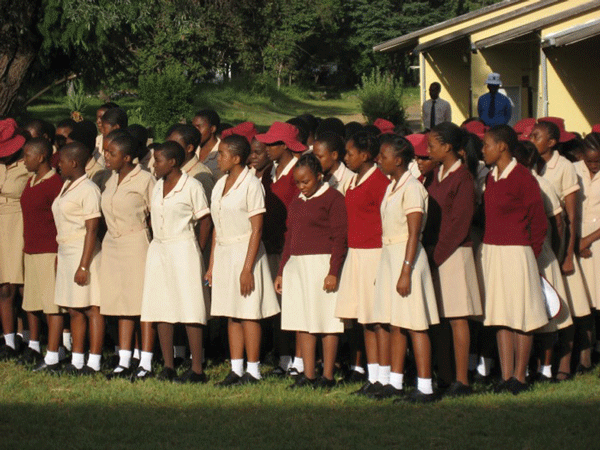
BY PHYLLIS MBANJE
ZIMBABWE has been lauded for being one of the African countries that are deliberately safeguarding the right to education for pregnant girls and adolescent mothers through amendments to the Education Act.
This was said by the Human Rights Watch (HRW) yesterday in a statement where it commended the country for amending its Education Act to include provisions that prohibit the exclusion of pregnant girls from continuing with their education.
The Act came into effect last year and it also protects students against being discriminated against on the grounds of marital status.
Following years of advocacy by the country’s girl child defenders, government took a bold step and joined 29 other African countries in defending their rights.
“More African governments are taking stronger action to support the rights of girls to education,” said Elin Martinez, senior children’s rights researcher at the HRW.
“But many girls still have to fight against enormous government-imposed barriers that deny them the right to education and make schools turn their backs on them when they most need support.”
At least 30 African Union countries now have laws, policies or strategies to protect pregnant students and adolescent mothers’ right to education.
- Chamisa under fire over US$120K donation
- Mavhunga puts DeMbare into Chibuku quarterfinals
- Pension funds bet on Cabora Bassa oilfields
- Councils defy govt fire tender directive
Keep Reading
Former Education minister Cain Mathema last year, during amendments to the Education Act, said: “We believe the Act is a progressive piece of legislation.”
Teen pregnancies had become a huge barrier to access to education by girls who were forced to drop out of school. The amendments to the Act came at a time when COVID-19 restrictions and conditions had triggered a spike in teen pregnancies.
A Senate report recently observed that prolonged school closures due to COVID-19 contributed to a “sharp increase” in teenage pregnancies.
Women Affairs minister Sithembiso Nyoni told senators that during January and February 2021, close to 5 000 students got pregnant, and over 1 770 were forced into marriages.
According to Unicef, education is the right of every girl and boy. In developing regions, approximately 12 million girls aged from 15 to 19 years and at least 777 000 girls below 15 years give birth each year.
- Follow Phyllis on Twitter @pmbanje










